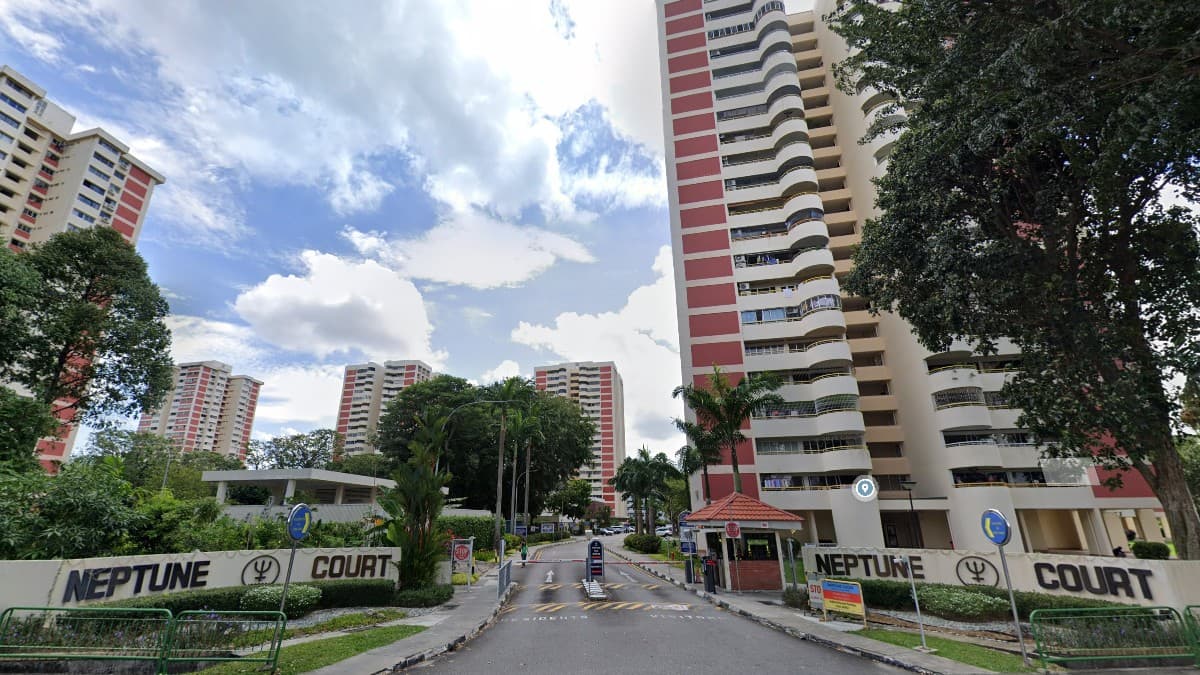Singapore government reviews rules to ease collective sales under Strata Act
Singapore’s Ministry of Law is reviewing the collective sale regime, with potential changes to consent thresholds that could accelerate redevelopment of ageing private properties.

- Singapore’s Ministry of Law is reviewing policies governing collective sales under the Land Titles (Strata) Act.
- Industry players have proposed lowering the consent threshold to ease rejuvenation of ageing estates.
- The muted collective sale market has seen low success rates in recent years.
SINGAPORE: The Ministry of Law is reviewing the collective sale regime under the Land Titles (Strata) Act in a move that could ease the path to en bloc transactions.
In a statement issued on 20 November, the ministry said it regularly assesses policies to optimise land use and support urban renewal.
According to the ministry, the review includes examining whether safeguards and processes remain appropriate for protecting property owners’ rights.
Industry participants have long called for changes to statutory consent thresholds for collective sales, especially for older developments.
Currently, developments more than 10 years old require at least 80 per cent owner consent by share value and strata area.
For projects under 10 years old, the minimum consent level stands at 90 per cent.
Some market observers have suggested lowering the threshold to 70 per cent or introducing tiered requirements based on the age of the property.
The ministry noted that it gathers feedback from a wide range of stakeholders, including owners, developers, consultants, associations, lawyers and academics.
It said proposals for reform will be announced when ready, following careful consideration of these views.
A potential adjustment could invigorate attempts to sell ageing condominiums and strata commercial blocks, many of which face difficulty reaching the required consent levels.
Insufficient support from owners has repeatedly delayed redevelopment efforts in older estates.
The review comes amid a broader set of initiatives to spur redevelopment of both private and public housing sites.
In March, the Ministry of National Development introduced a six-month extension to the additional buyer’s stamp duty remission deadline.
This applies to large collective sale projects with at least 700 units that will deliver at least 1.5 times the number of existing homes upon redevelopment.
For public housing, efforts are under way to develop the framework for the Voluntary Early Redevelopment Scheme.
Minister for National Development Chee Hong Tat said in August that this will include parameters for identifying suitable sites.
It will also involve ensuring relocation options and determining fair compensation and minimum consent needs.
The collective sale market has been subdued in recent years due to a persistent price gap between sellers and developers.
This mismatch has slowed negotiations and reduced the number of successful deals.
The last major residential collective sale occurred in July 2025 with the S$810 million sale of Thomson View to UOL and CapitaLand Development.
In September, Chiku Mansions, a walk-up block with nine units, was sold for more than S$22 million.
River Valley Apartments, another walk-up block, changed hands for US$56 million in February.
Only four collective sale deals were completed in 2024, compared with seven in 2023.
During the 2018 boom, a total of 39 deals were concluded.
Knight Frank data shows that between 2021 and 2023, only one third of collective sale attempts succeeded.
This contrasts with a 63 per cent success rate observed during the 2017 to 2018 cycle.
The ongoing review suggests authorities are considering ways to balance owners’ rights with the push for urban rejuvenation.
If consent thresholds are revised, the market could see renewed interest in redeveloping ageing estates.







